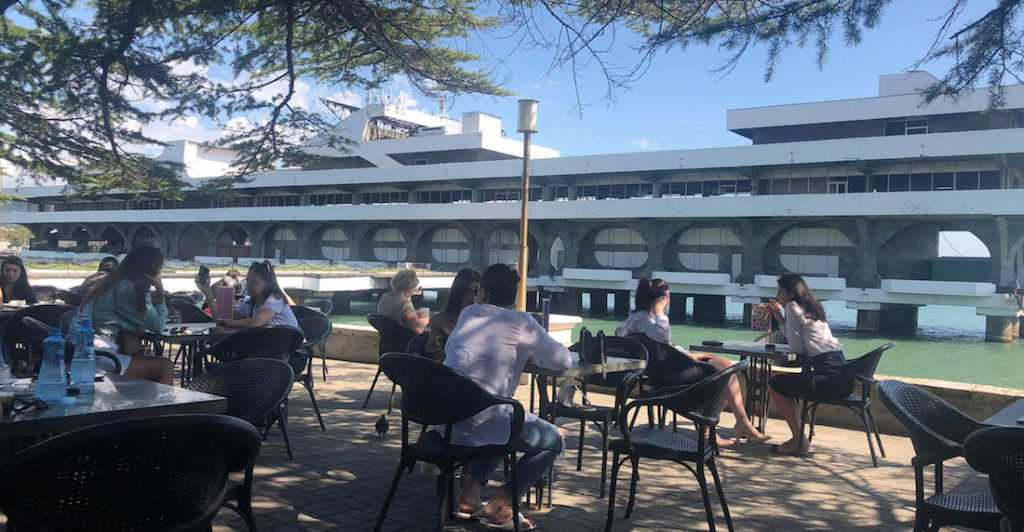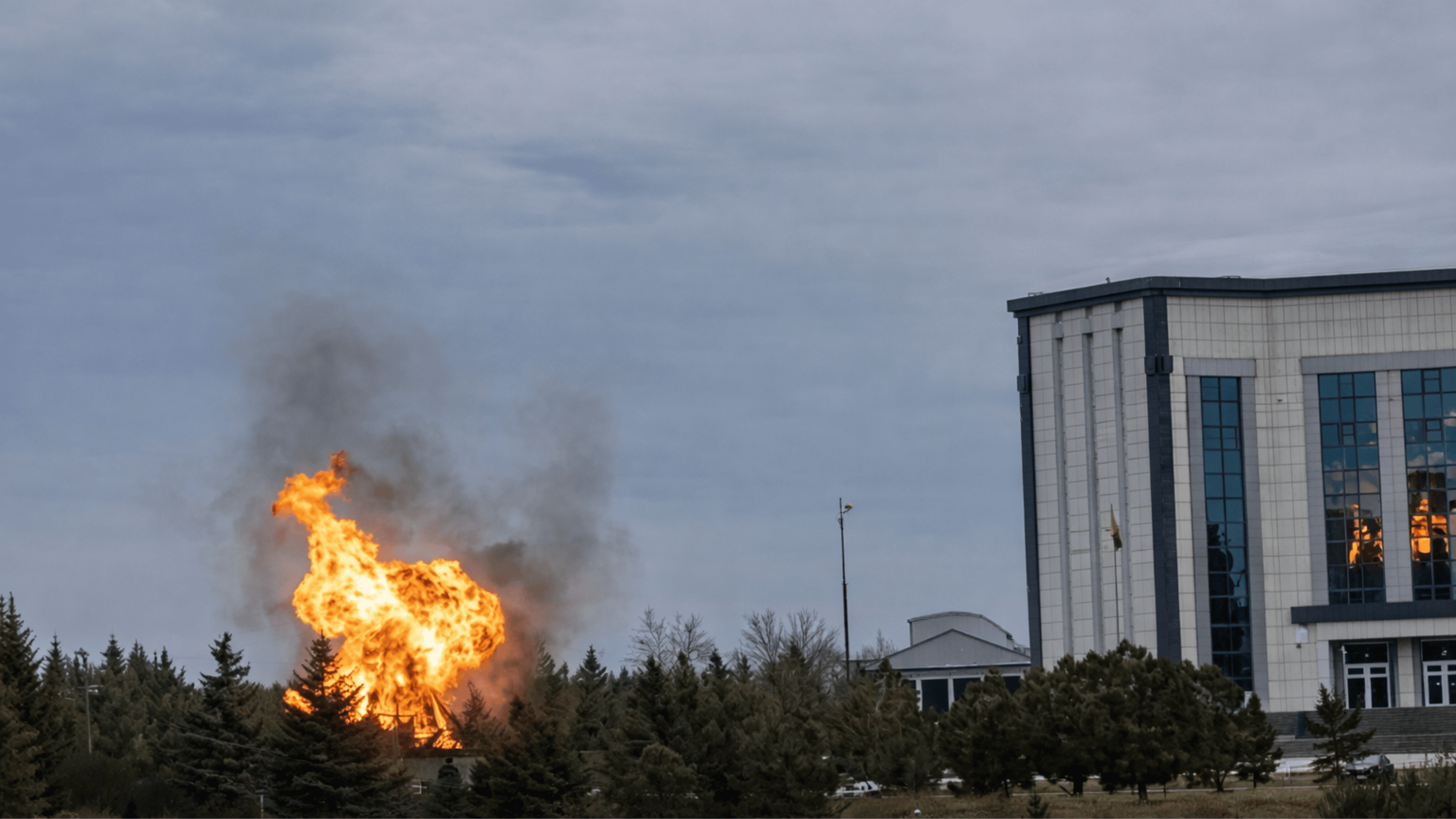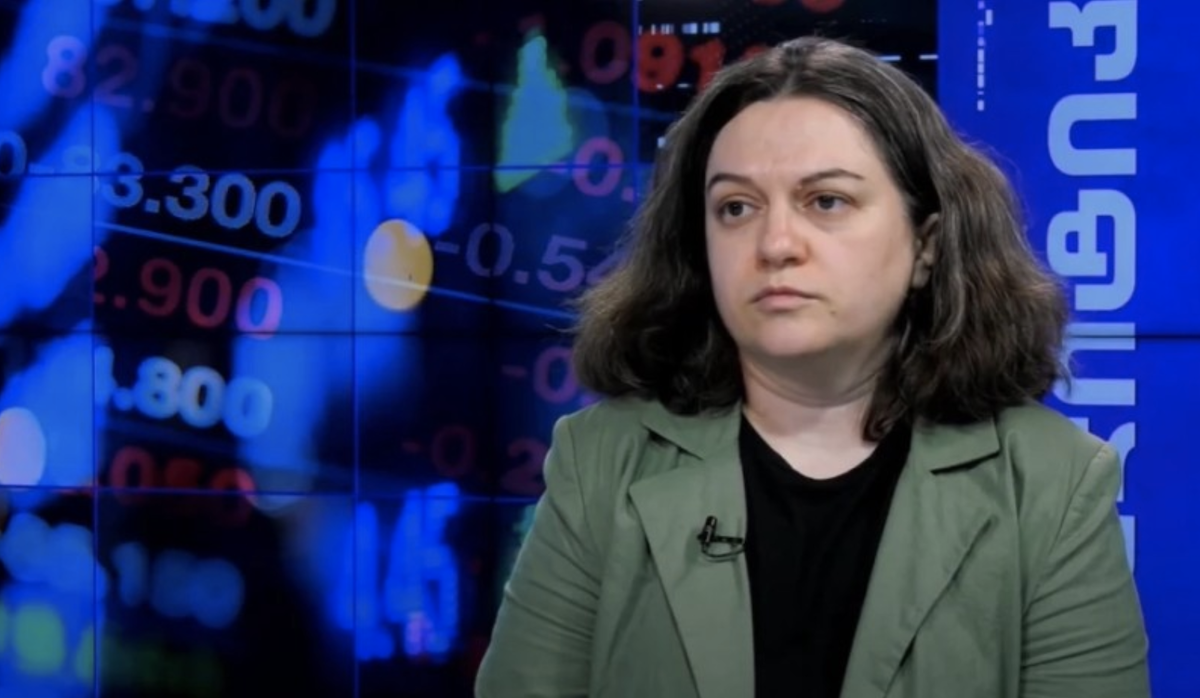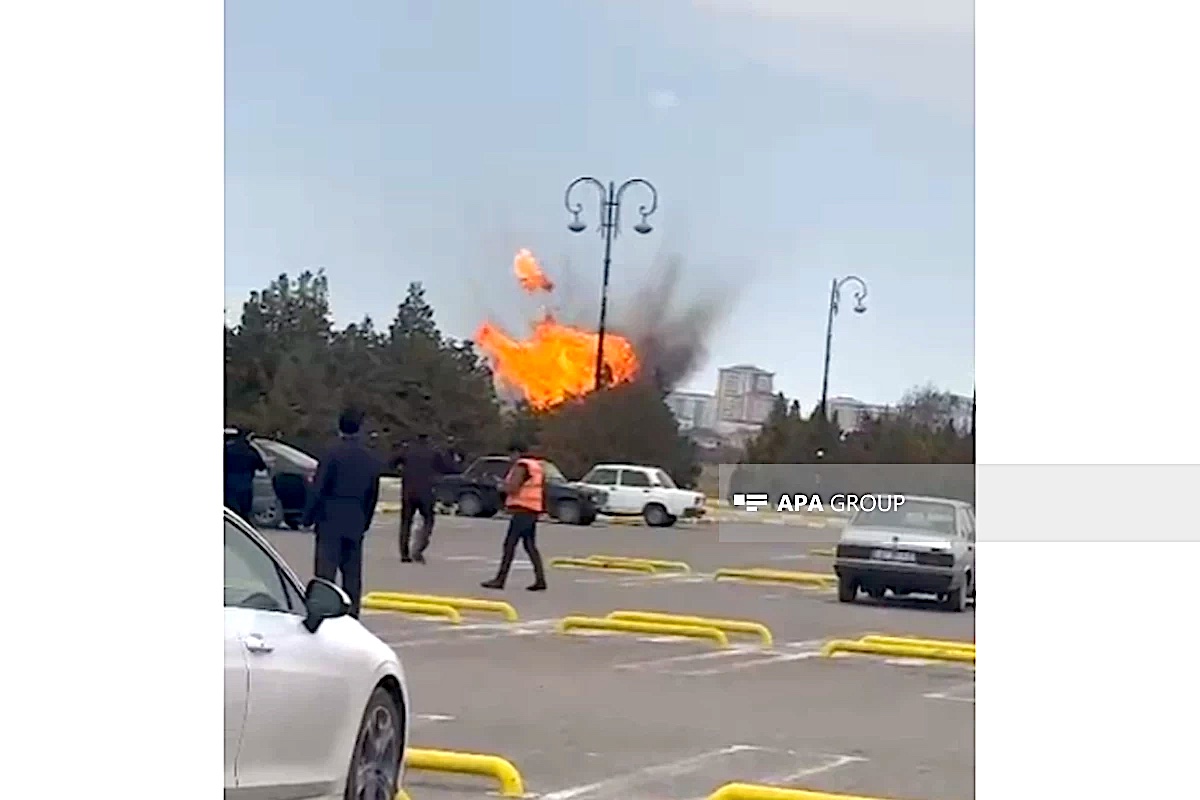Opinion: Victory in parliamentary elections may turn against Abkhaz authorities
The upcoming parliamentary elections in Abkhazia may end up with President Aslan Bzhaniya getting a majority loyal to him in parliament. However, in reality, this is not so good for the president and the government, as it deprives them of the opportunity to maneuver on issues that are important for Abkhazia, says Inal Khashig, editor of JAMnews in Abkhazia.
The new Abkhazian parliament may become pro-presidential. The paradox is that such a situation can become a big problem for Aslan Bzhania himself.
Despite the fact that there are still three weeks left before the parliamentary elections scheduled for March 12, and making premature conclusions based on their results is, in general, tantamount to doing a reading on coffee grounds, I will, nevertheless, try to make my forecast.
- Abkhaz opposition accuses authorities of bribing voters
- What has changed in Abkhazia during the first year of Aslan Bzhania’s presidency?
According to my own guess, the new parliament will be extremely loyal to the executive branch. At least at the initial stage, that is, at the moment when the CEC announces the results of the elections, and the presidential administration, through simple mathematical operations, will come to the conclusion that the controlling stake of deputy votes (24 mandates out of 35) will be “theirs”.
Why, in such a tense situation, when Abkhazia has been living in the regime of rolling blackouts for a year and a half, and the power engineers themselves are threatening that if nothing changes, “we will live in the mode of rolling inclusions”; when daily reports on the number of sick and dead from COVID-19 are not much different from military casualty reports, and the restrictive measures announced by the government only shake the air and in no way become a guide to action – what if the authorities win a crushing victory in the elections?

The answer is too simple: yes, the government is weaker than ever, but the opposition, alas, is even weaker. After December 21 last year, when it was unable to storm the presidential palace, it is practically non-existent. It collapsed. There are individual opposition figures, but in fact, there is no center that would unite them and, accordingly, coordinate their work.
Such incapacity of the opposition could not but affect its representation in the election campaign – it is fragmented. In some constituencies, the opposition is not represented at all, and those constituencies where oppositionists still run can only rely on their own resources, and nothing more.
It will be inevitable for the government, embodied in President Aslan Bzhania and Prime Minister Alexander Ankvab, with administrative resources and finances, to take 24 deputy mandates, which will allow them unconditional control of the main legislative body, capable of further adopting any law that suits the executive branch.
I am sure that they think the same way in the complex of government buildings on the Sukhumi embankment, where they probably not only calculated their chances but already stocked up some champagne, just in case.
However, this victory, which the President and the Prime Minister are trying to bring closer as they can, will be Pyrrhic for the authorities. For such a monolith, when the executive, legislative and, by default, judicial branches of power have merged in one bottle, in the current Abkhazian conditions is akin to a thermonuclear bomb left unattended.
On the one hand, such a “cocktail” allows the authorities to act as they please, on the other hand, it makes their positions extremely vulnerable.
For the last ten years, regardless of constant criticism of the parliament, it has been an independent unit in the Abkhazian system of power. Yes, any government during this period was forced to curry favor with the deputies, to look for approaches to it in order to resolve their issues.
Sometimes it worked, sometimes it didn’t. But such independence of the legislature was not always perceived as detrimental for the president and the government. At some point, parliament became a lifesaver
For example, when Sukhum (the president) had to explain to the Kremlin officials why the issue of lifting the ban on the purchase of Abkhazian real estate by Russians, lobbied for many years by Moscow, does not get off the ground, solely by the presence of an obstinate parliament.
Thanks to this system of Abkhazian checks and balances, the folder of unfulfilled Russian wishes over these ten years has grown to a whole volume, but did not particularly affect the size of Russian financial assistance.
But, if the parliament is taken under unconditional control, President Aslan Bzhania will actually be left without a “duty switchman” on whom everything could be blamed. And it will simply be impossible to explain to the Kremlin who and what is preventing the issue from being resolved.
In such a situation, he will be forced to either meet Moscow halfway and adopt laws that are perceived in the Abkhazian society as unconditionally explosive (in particular, remove the taboo on the sale of real estate to foreigners, subject the energy industry to denationalization with the admission of Russian business to it, etc.), and, accordingly, give rise to mass discontent with very pessimistic prospects for the president.
Alternatively, he can continue to bend the Abkhazian line – yes, of course, we will accept it, but we have to wait a little bit – and transfer this load of unfulfilled obligations to the next president. But in this case, there is a serious risk of losing the financial support of the Kremlin.
However, any scenario of the development of events can speed up early presidential elections.
Thus, a rhetorical question arises: does the president need a victory in the parliamentary elections, if it may make his position so vulnerable?
Terms, place names, opinions and ideas suggested by the author of the publication are her / his own and do not necessarily coincide with the opinions and ideas of JAMnews or its individual employees. JAMnews reserves the right to remove comments on posts that are deemed offensive, threatening, violent or otherwise ethically unacceptable.


















